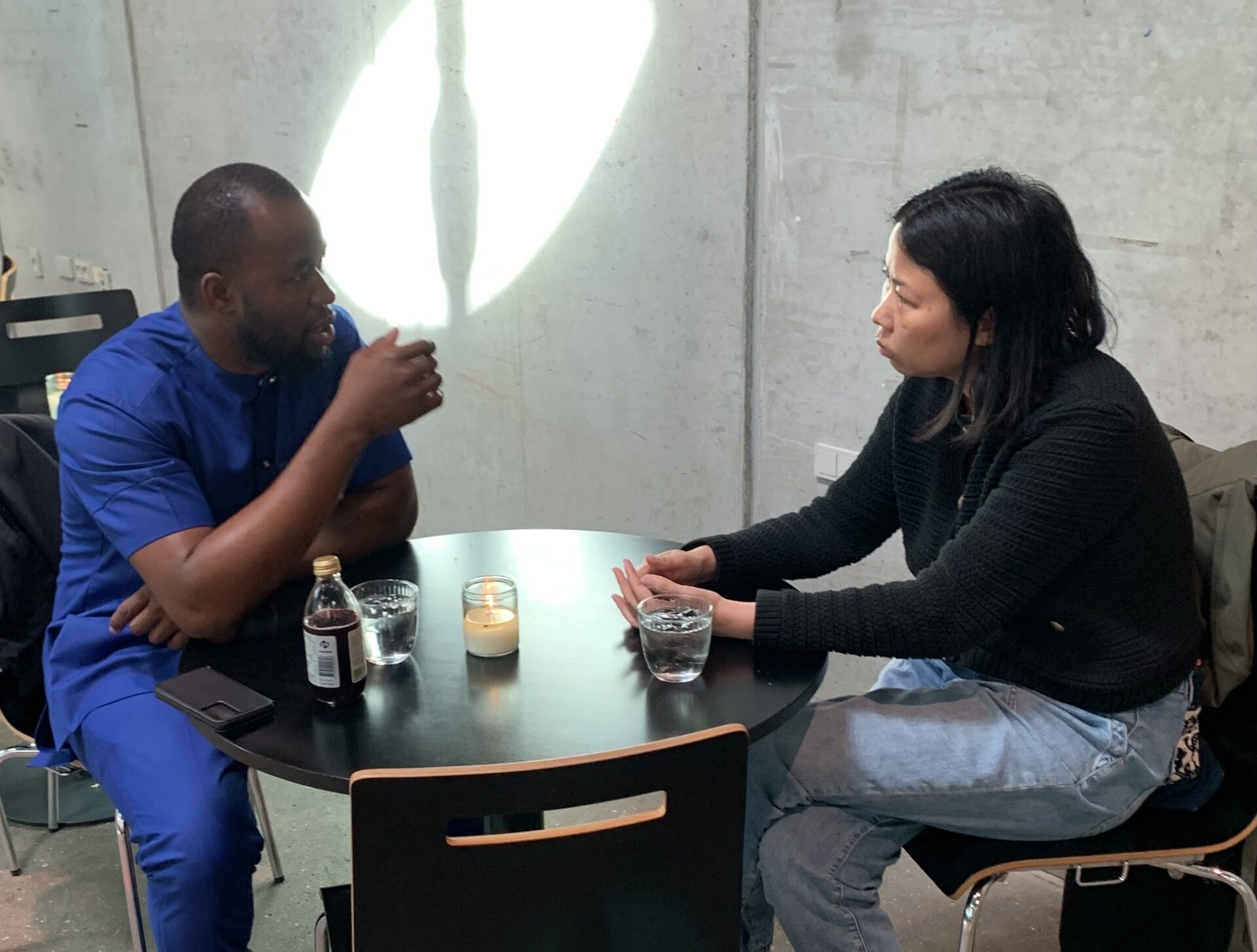In his memoir Novelist as a Vocation, Haruki Murakami writes that no one that really enjoyed going to school can become a novelist. Could he be right?
I enjoyed going to school. I loved the Chinese schools, where I learned a lot and had great teachers and friends.
I even enjoyed going to school in Denmark, even though you don’t always learn a lot, but there was still a possibility for learning, if not from the teachers or the curriculum then from the other students.
In contrast, Murakami hated his school years, because he believed the Japanese schools to be boring, had too many rules, focused on rote learning and were unable to give students real skills.
I have never been to a Japanese school so I wouldn’t know.
They do learn how to clean like a professional in Japanese schools and their school lunches seem excellent, so I suspect I would enjoy the Japanese schools, too.
Murakami argued in his book that writing a novel takes tremendous creativity, and people who enjoyed going to school wouldn’t have the personality to sit down and write a novel. He wrote that if you are the kind of person who’s sad if you can’t go to school, you probably won’t become a novelist.
In China, I’m known to write short stories. In Denmark however, they call me a novelist. So on the surface, Murakami is wrong.
But I have a confession to make. Here it goes: All my novels are short story collections in disguise. I have never been able to write a long enough single story to be able to call it a novel.
Instead I have written novelettes, novellas and short story collections masqueraded as a novel. But I’m not alone. Many novels actually consist of stories that can both be read independently and together. They are both connected and disconnected.
To really figure out whether Murakami is right or wrong, I have to ask a lot of novelists whether they liked school as a child. Actually, I don’t think it’s enough just to ask novelists, I would have to ask exceptional novelists to be really sure. I would also have to ask novelists from all over the world. How and where would I go about this task?
As I was trying to figure this out, I received an invitation to attend LiteratureXchange festival in Århus. I looked through the list of novelists attending this literary festival and was immediately convinced that with this many exceptional novelists gathered at one place, I would find out once and for all whether Murakami is right or wrong.
I was at the festival from Wednesday to Saturday, spending three nights in Århus. Not once did I eat alone for breakfast, lunch or dinner during my entire stay. I was very serious about my task.
I must admit I’m biased in my task, because I hoped to prove Murakami wrong. But I’m also genuinely curious. So I tried not to ask leading questions. I talked to 12 novelists about school, and this is what happened:
It was fairly fifty-fifty whether they enjoyed or hated school when they were children.
The interesting thing was that school either brought up fond memories or terrible memories when they spoke of it, nothing in the middle. Their opinion of school did not seem to be connected to where they are from in the world. However, when I revealed to them the reason for my question, all 12 of them believe Murakami to be wrong.
Perhaps the most interesting answer I got from Chigozie Obioma.
Rules are everywhere in this world, he said, and it doesn’t restrict creativity. For the most part, he enjoyed school because he enjoyed learning and meeting other kids. When I told him about Murakami’s statement, we agreed that Murakami is a good writer, but might not know everything about writing.
It’s tragic and comical how some writers like to dissuade people from writing. As if the literary pie is so small that one more writer would severely reduce the size of pie in his mouth.
Or perhaps Murakami simply feels threatened by the kind of writer that loved school. Either way, when I one day do manage to write a single story as a novel, I shall send it to Mr. Murakami to prove him wrong, as no one loved school as much as I did as a child.
Then perhaps he would become a champion of all writers and not just his kind of writers.



